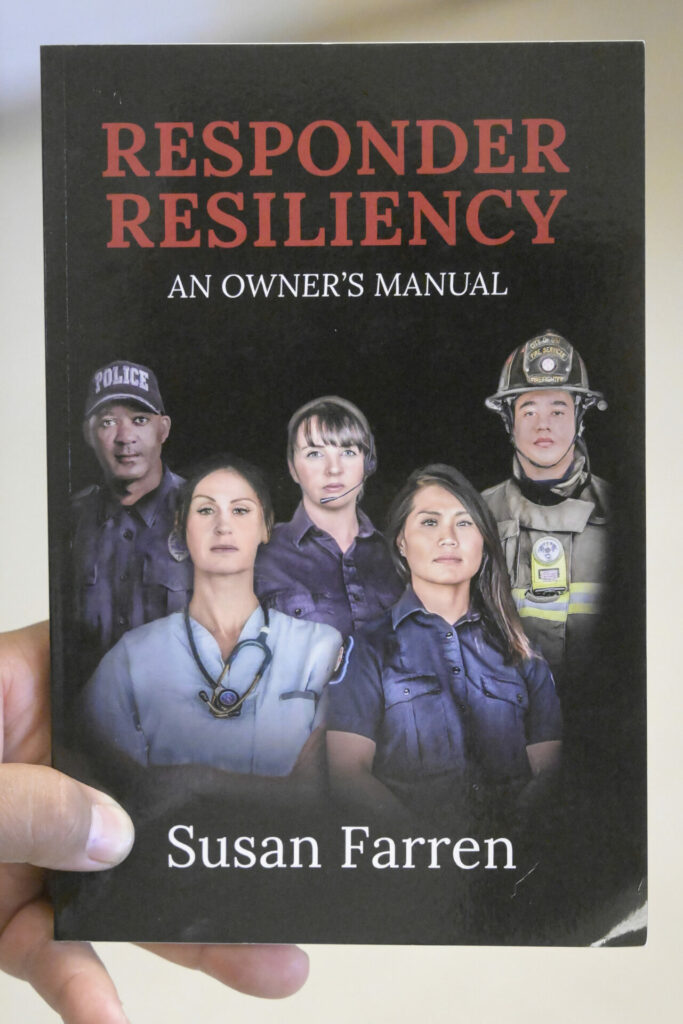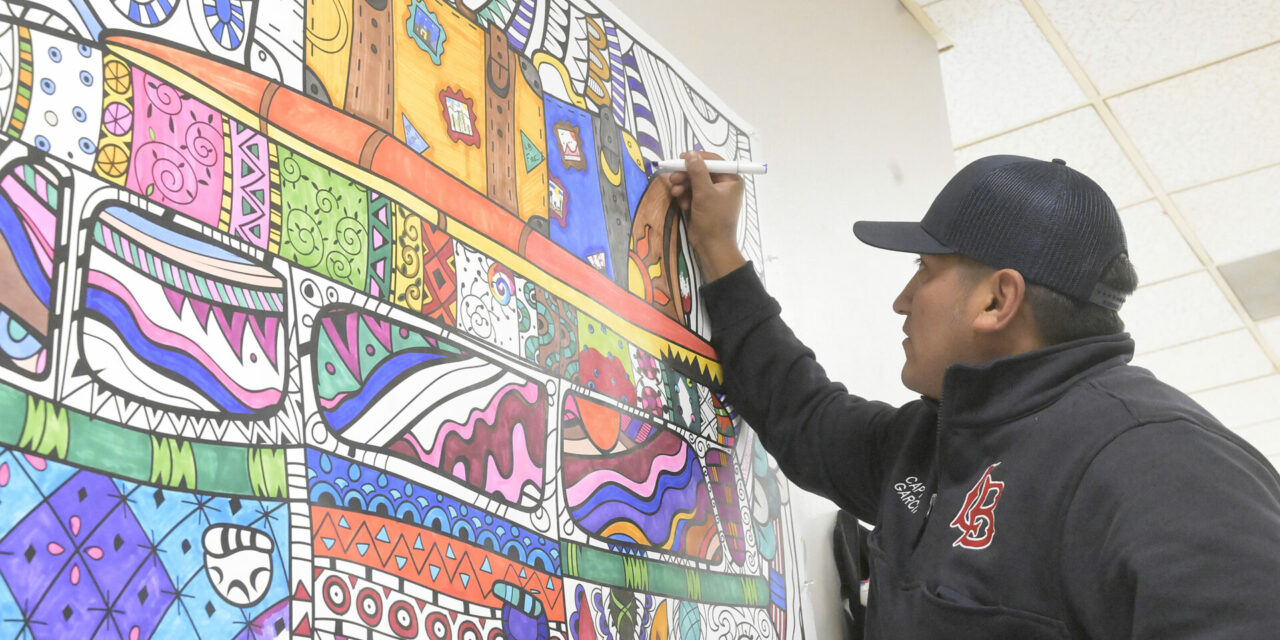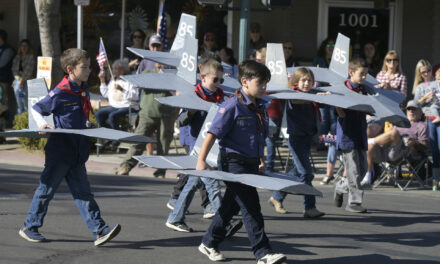As first responders, firefighters face daily challenges with the responsibility of serving the community, especially when it comes to their mental health. With 30 years of experience as a first responder, Los Banos Fire Chief Paul Tualla holds the issue of mental health very close to his heart.
“Firefighters face a lot more trauma than the average person,” Tualla said, “and need to have the tools to cope with it.”
Throughout his career, Chief Tualla has seen a prevalence of firefighters facing symptoms of Post-Traumatic Stress Disorder (PTSD) and suicidal thoughts.
As the trauma of certain incidents go undealt with, Tualla sees more issues with behavior, such as irritability and the decline of personal relationships. Substance abuse and chemical dependency are also major issues that manifest.
Many first responders are able to hide their dependency really well, but it eventually takes a big toll on their health.
As a leader, Tualla wants to show his firefighters that it’s okay to not be okay, and he’s been working hard to provide the resources and training needed to support them.
Employee assistance programs are implemented in departments to provide counseling services to resolve personal problems that may be impacting work performance.
There are also diffusions, which are a regularly implemented practice. In diffusions, firefighters who had to deal with particularly traumatic calls are sat down with peers to help cope with any struggle.
In addition to diffusions, resiliency training is provided twice a year to one or two firefighters. The chosen firefighters are sent to Sonoma County, where attendees take part in the resiliency program to learn more about mental health support.
Moving forward, Chief Tualla hopes to have the funding to send more firefighters to the resiliency program each year. “In rural areas, compared to metropolitan places, there’s definitely less access to [mental health] resources” Tualla said.
In the more rural parts of the valley, Tualla says that he had to actively seek out resources for mental health, which was much different than his time serving in larger cities where resources were promoted to them.
He hopes to change this access to resources by further developing peer support teams across fire departments in the county. In peer support teams, firefighters from the department are trained to become certified to talk with and support their peers, as well as maintaining peer confidentiality.
Tualla believes that having a more regional approach and sharing resources with other towns in the county will be most effective in increasing accessibility.
Looking back earlier into his career, Tualla says that mental health wasn’t a very open topic to discuss:
“In the beginning, it was really hard to talk about anything mental-health related [because of] this macho mentality,” he said. First responders believed that showing signs of struggle could risk them losing their job when in reality everybody was facing the same struggles.
The Fire Chief recalls that it took a really long time for a culture of mental health awareness to develop so a lot of issues would be held in until people eventually had to let it all out.
Firefighters are learning to implement daily activities in their lives in resiliency training. Certain activities like yoga, meditation, gym workouts and coloring are regularly used by firefighters to help reduce stress.
Tualla said, “In the station, we actually have [this] giant coloring wall that’s on one of our walls. The guys can go in there and disconnect for a minute and relax.”
Along with coloring, there are a number of small things provided such as pipe cleaners and Play-Doh to help the firefighters let out any pent-up energy or stress.
Chief Tualla is very grateful for the progress on mental health awareness that has been made over the years. Along with it, there is a greater sense of community and connectedness among first responders.
Now, firefighter academies implement more education on citizens’ and first responders’ mental health. Tualla has seen this with newer firefighters who’ve come out of academy in the last five years with more training and education on the issue.
As for the community, Chief Tualla wants citizens to remember that first responders are people, too. “We are no different from citizens, but we encounter more trauma than the average person would,” he said. Because of this, it is necessary for resources to be provided to firefighters to help support them.
Chief Tualla hopes that the community will further support programs that benefit the wellbeing and health of first responders.



